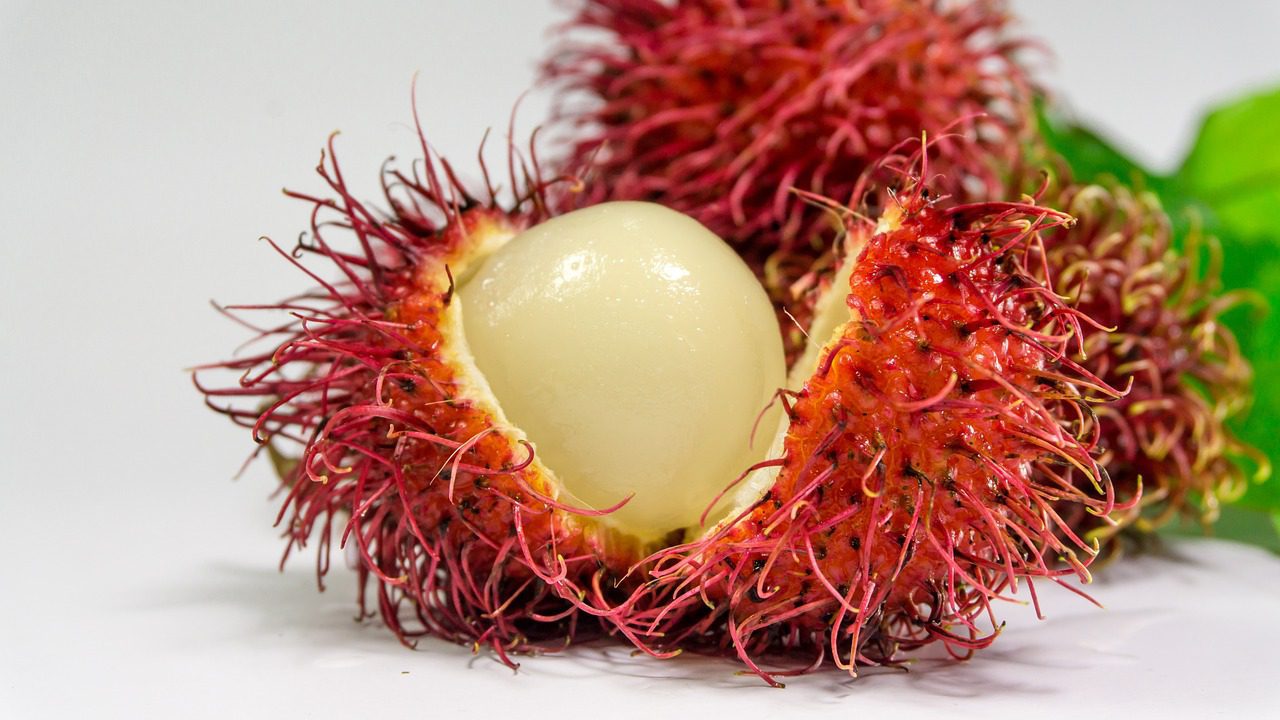



When it comes to hair loss in women, there are several factors that can contribute to this common condition. While some causes may be well-known, there are also lesser-known factors that can play a significant role in hair loss. By shedding light on these hidden causes, we can better understand the complexities of this issue and explore effective solutions.
Hormonal imbalances, such as polycystic ovary syndrome (PCOS) and thyroid disorders, are among the hidden causes of hair loss in women. These imbalances can disrupt the normal hair growth cycle and lead to excessive shedding. By addressing the underlying hormonal issues, it is possible to restore hair growth and prevent further loss.
Nutritional deficiencies can also have a profound impact on hair health. Lack of essential nutrients like iron, vitamin D, and biotin can weaken the hair follicles, making them more prone to breakage and hair loss. By incorporating a balanced diet and addressing these deficiencies through supplementation, women can promote healthy hair growth and minimize hair loss.
Stress and emotional factors can also contribute to hair loss in women. High levels of stress and anxiety can disrupt the hair growth cycle and lead to excessive shedding. It is important to find effective strategies to manage stress levels, such as practicing relaxation techniques or seeking support from loved ones. By prioritizing self-care and addressing emotional factors, women can promote a healthier environment for hair growth.
Table of Contents
ToggleHormonal imbalances can play a significant role in hair loss among women. One common hormonal condition that can contribute to hair loss is polycystic ovary syndrome (PCOS). Women with PCOS often experience an excess of male hormones, which can lead to thinning of the hair and even bald patches. Additionally, thyroid disorders, such as hypothyroidism or hyperthyroidism, can disrupt the balance of hormones in the body and result in hair loss.
To address hormonal imbalances that may be causing hair loss, it is important for women to consult with a healthcare professional. They can provide guidance on managing PCOS or thyroid disorders through medication or lifestyle changes. By addressing the underlying hormonal issues, women can potentially prevent further hair loss and promote healthy hair growth.


Nutritional deficiencies can have a significant impact on hair health and can contribute to hair loss in women. One of the key nutrients essential for healthy hair growth is iron. Iron deficiency can lead to a condition called anemia, which can cause hair to become weak and brittle, ultimately leading to hair loss. Ensuring an adequate intake of iron-rich foods such as leafy greens, red meat, and legumes can help promote hair growth.
Vitamin D is another important nutrient that plays a role in hair health. Low levels of vitamin D have been associated with hair loss. Getting enough sunlight exposure and consuming foods rich in vitamin D, such as fatty fish and fortified dairy products, can help maintain healthy hair.
Biotin, also known as vitamin B7, is essential for strong and healthy hair. A deficiency in biotin can lead to hair thinning and hair loss. Including biotin-rich foods in your diet, such as eggs, nuts, and whole grains, can help support hair growth.
In addition to these specific nutrients, maintaining a balanced diet that includes a variety of fruits, vegetables, whole grains, and lean proteins is crucial for overall hair health. It is important to consult with a healthcare professional or a registered dietitian to address any nutritional deficiencies and develop a personalized plan to promote healthy hair growth.
Stress and emotional factors play a significant role in hair loss among women. When we experience high levels of stress, our bodies release a hormone called cortisol, which can disrupt the normal hair growth cycle. This disruption can lead to excessive shedding and thinning of the hair.
Additionally, emotional factors like anxiety and depression can contribute to hair loss. These conditions can cause hormonal imbalances in the body, which can have a negative impact on hair health. It is important to address and manage stress and emotional factors to promote healthy hair growth.
One way to manage stress is through relaxation techniques such as meditation, deep breathing exercises, or yoga. These practices can help reduce cortisol levels and promote a sense of calm. It is also important to prioritize self-care and engage in activities that bring joy and relaxation.
In addition to managing stress, it is essential to maintain a healthy lifestyle. This includes eating a balanced diet rich in vitamins and minerals, getting regular exercise, and getting enough sleep. These lifestyle factors can contribute to overall well-being and promote healthy hair growth.
By addressing and managing stress and emotional factors, women can take steps towards promoting healthy hair growth and preventing further hair loss.
